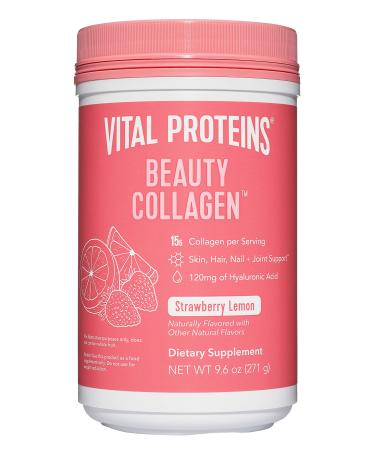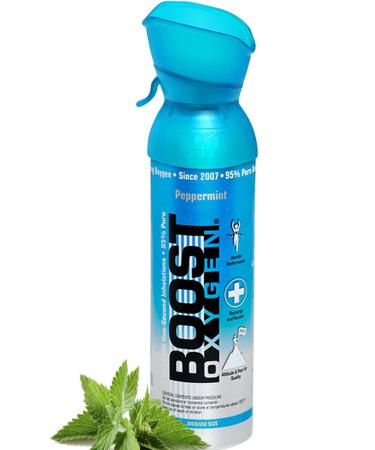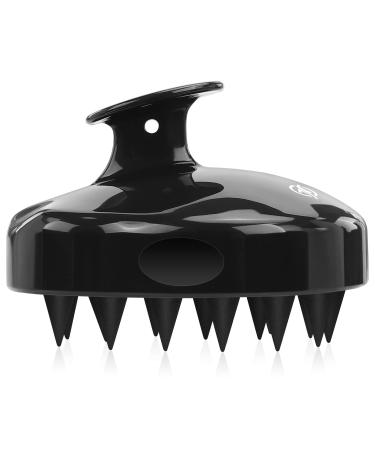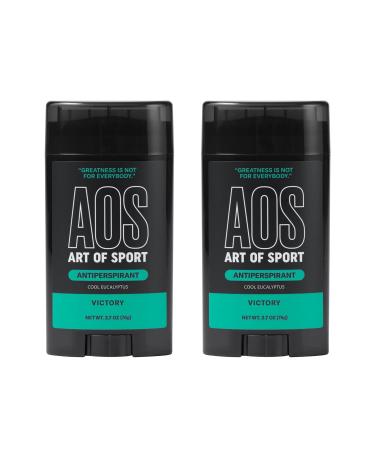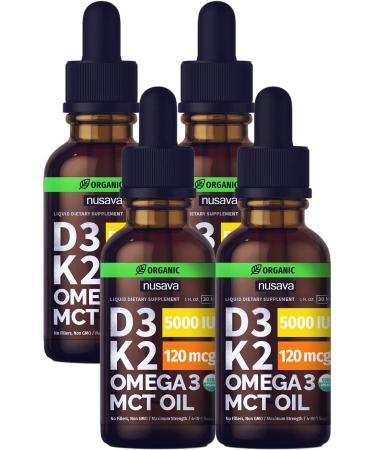EstroG-100 is a patented blend of three herbal extracts that together have been shown to significantly and safely help in the relief of uncomfortable feelings associated with menopause. The herbs used in this blend each have a long history of safe use in Asia.
Cynanchum wilfordii - The roots of Cynanchum wilfordii, known in Korea as Backhasuo, have a long history of traditional use in helping to maintain healthy function of the cardiovascular system in old age.1, 2 Additionally, the roots are a fundamental component of a distinguished Chinese herbal tonic called Baishouwu that has been used for over a thousand years to enhance vitality and support the immune system.3 The roots contain gagaminine, a compound that exhibits potent antioxidant activity in vitro.1 Other known bioactive compounds in Cynanchum wilfordii include cinnamic acid, cynandione A, and pregnane glycosides such as wilfoside.4
Phlomis umbrosa Hot water preparations made from the roots of Phlomis umbrosa have been used in China for detoxication and several other healthful purposes for thousands of years.5 Animal research is just starting to uncover some of the potential health benefits of water extracts derived from this botanical.
Angelica gigas Nakai - The roots of Angelica gigas Nakai have historically been used in Korea for promoting circulatory health; additionally, due to it use in women's health, it is known by some as "female ginseng." 6 Contemporary research on Angelica gigas suggests numerous other potential health contributions.7, 8
About two-thirds of women develop uncomfortable feelings prior to, during, or after menopause.9 Sleep disruptions, nervous tension, sadness, occasional fatigue, and vasomotor discomforts (hot flashes/cold sweats) are all commonly reported by women. EstroG-100** may help cope with such menopause-related discomforts.
EstroG-100** was tested on pre-, peri-, and post- menopausal American women in a randomized, double blind, placebo-controlled trial. The 64 participants took either 514 mg of EstroG-100** or a placebo tablet every day for 12 weeks.10 To be eligible for the study, women had to have moderate or severe menopausal discomforts as identified by the Kupperman menopausal index (KMI), a questionnaire that measures changes in uncomfortable feelings associated with menopause. Potential benefits were assessed by KMI questionnaires at 6 weeks and at 12 weeks. The KMI evaluates a number of menopausal parameters, including hot flashes/cold sweats, paresthesia (numbness and tingling), sleep interferences, nervousness, melancholia (sadness or gloom), vertigo (dizzy spells), occasional fatigue/weakness, palpitation (pounding of the heart), formication (sensation of crawling of the skin) and muscle or joint discomforts. A separate questionnaire assessed changes in vaginal dryness.
By the end of the study, the average KMI score was significantly lower (indicating improvement) in the EstroG-100** group, compared to the placebo group. Vaginal dryness was also significantly improved in the EstroG-100** group. The individual KMI scores that improved (compared to the control group) were hot flashes/cold sweats, paresthesia, sleep interferences, nervousness, melancholia, vertigo, occasional fatigue/weakness and muscle or joint discomfort. The EstroG-100** group had no major adverse effects. Importantly, this group showed no increase in estrogen or follicle stimulating hormone (FSH) levels. Researchers attributed these impressive benefits to the diverse bioactivity of the non-estrogenic compounds in the three plants that make up EstroG-100**.
Previous research on EstroG-100** was conducted in Korea, where for centuries these three plants have been traditionally used to promote health. In a randomized, double blind, placebo-controlled trial of 48 perimenopausal women, half were given capsules containing a combination of the herbs in EstroG-100** as the major ingredient (also in the capsules were amino acids, vitamins & minerals, and soy).11 After 3 months, there was significantly greater improvement in this group over the placebo group. These researchers subsequently reported that in vitro (in an experimental culture system) extracts of all three plants showed estrogen-regulating activity.12 Furthermore, the mixture of all three showed greater activity than individual extracts, which suggested potential synergistic activity of the three herbs of EstroG-100**.The Best Choice - Several other dietary supplement ingredients have been researched for their potential to help alleviate discomforts associated with menopause/perimenopause. Unfortunately, these results have been mixed—ingredients that may by useful for one type of menopausal discomfort may not offer support for others.9, 13 EstroG-100**, in contrast, shows _x000D_
vidence of benefit for numerous menopause/perimenopause discomforts, as well as for vaginal dryness.
HOW TO USE THIS PRODUCT - Take one veggie capsule of this product once or twice daily with food. Higher intakes may be useful, under the supervision of a physician. This product is suitable for vegetarians.
SCIENTIFIC REFERENCES 1. Shin GH, Chio MG, Lee DW. Biol Pharm Bull 2003;26:1321-5.
2. Lee DW, Kim C, Le DU. Biol Pharm Bull 2001;24:1451-3.
3. Shan L, Liu RH, Shen YH, others. J Ethnopharmacol 2006;107:389-94.
4. Yoon D, Cho S, Kim S, others. Sleep Med Res 2011;2:16-20.
5. Shang X, Wang J, Li M, others. Fitoterapia 2011;82:716-21.
6. Jiang C, Guo J, Wang Z, others. Breast Cancer Res 2007;9:R77.
7. Seo YJ, Kwon MS, Park SH, others. Arch Pharm Res 2009;32:937-43.
8. Choi SS, Han KJ, Lee HK, others. Biol Pharm Bull 2003;26:1283-8.
9. Hudson T. Integrative Medicine 2009;8:30-37.
10. Chang A, Kwak BY, Yi K, Kim JS. Phytother Res 2012;26:510-6.
11. Lee K, Lee D, Kim S, others. Korean Society of Menopause 2005;11:1-12.
12. Lee N-J, Kim G-S, Kwak B-Y, others. Lab Anim Res 2008;24:167-172.
13. Low Dog T. Am J Med 2005;118 Suppl 12B:98-108.



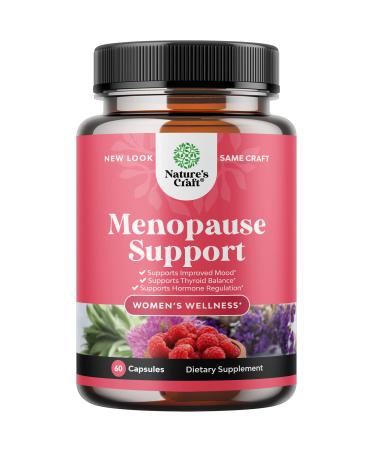
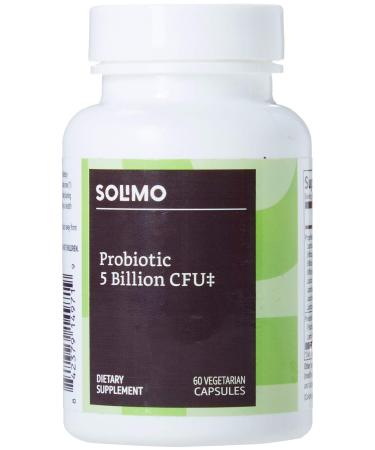

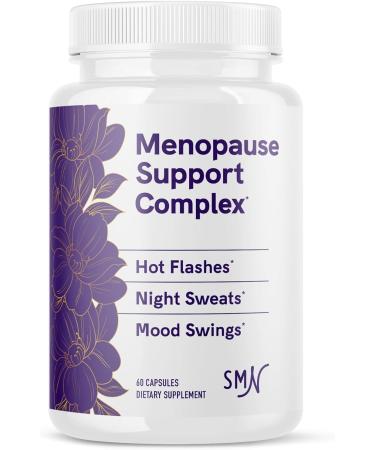
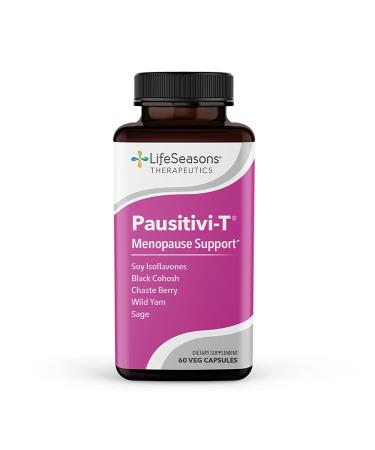

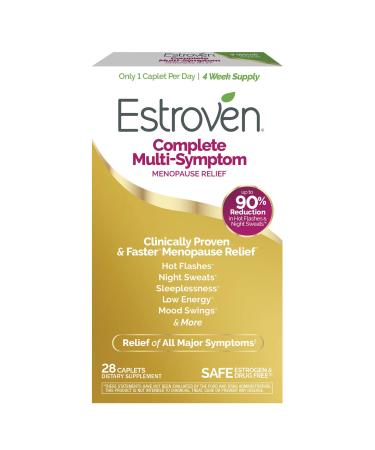


![Stewart Freeze Dried Dog Treats Made in USA [Single Ingredient Puppy and Dog Training Treats - Grain Free Natural Dog Treats] Resealable Tub to Preserve Freshness - Buy Online on GoSupps.com](https://www.gosupps.com/media/catalog/product/cache/25/small_image/375x450/9df78eab33525d08d6e5fb8d27136e95/6/1/61gwbbixarl._ac_sl1500_.jpg)

